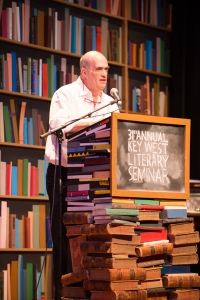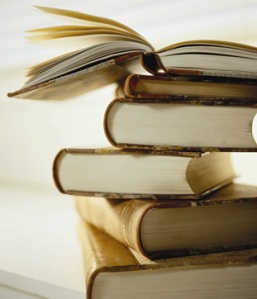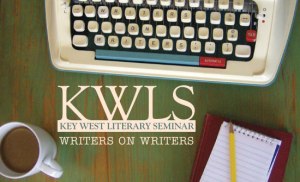Write Down the Title and Read This Book
 The great children's book writer E.L. Konigsburg died over the weekend, a piece of news I barely noticed in all the emotional tumult of the news from Boston. Like millions of other book-loving kids, I loved From the Mixed-Up Files of Mrs. Basil E. Frankweiler -- it described exactly the sort of running away experience I wished I were cool and smart enough to pull off. She won the Newbery Medal for that book and again in 1997 for The View from Saturday. But the book of hers that I love the most -- and recommend to readers both young and not-so-much to this day -- is A Proud Taste for Scarlet and Miniver. I am so very glad it is in the collection of the library where I work so I can read it again every couple of years.
The only bad thing I have to say about this book is that its title is impossible to remember. And I still don't even know what miniver is. How Konigsburg got away with her long and obscure titles beats me (her first book is called Jennifer, Hecate, MacBeth, William McKinley and me, Elizabeth). It must have been before marketing departments had much sway in publishing houses.
The great children's book writer E.L. Konigsburg died over the weekend, a piece of news I barely noticed in all the emotional tumult of the news from Boston. Like millions of other book-loving kids, I loved From the Mixed-Up Files of Mrs. Basil E. Frankweiler -- it described exactly the sort of running away experience I wished I were cool and smart enough to pull off. She won the Newbery Medal for that book and again in 1997 for The View from Saturday. But the book of hers that I love the most -- and recommend to readers both young and not-so-much to this day -- is A Proud Taste for Scarlet and Miniver. I am so very glad it is in the collection of the library where I work so I can read it again every couple of years.
The only bad thing I have to say about this book is that its title is impossible to remember. And I still don't even know what miniver is. How Konigsburg got away with her long and obscure titles beats me (her first book is called Jennifer, Hecate, MacBeth, William McKinley and me, Elizabeth). It must have been before marketing departments had much sway in publishing houses.
But write the title down and get hold of this book if you have the slightest interest in history, medieval history, women's history any of that. This is the story of Eleanor of Acquitaine. And what a premise -- it is recounted by Eleanor herself, along with several people she knew during various periods of her life. They're in heaven, waiting to see if her second husband, Henry II of England, will be allowed out of purgatory to join them. It was the origin of my lifelong fascination with Eleanor -- any woman who had been Queen of France, then run away with a younger man to become Queen of England -- had my attention. Her other adventures along the way -- like joining her first husband on a Crusade, or joining her sons in rebellion against her second husband -- just added to the allure. Plus all that cool medieval stuff. It's just brilliant.



